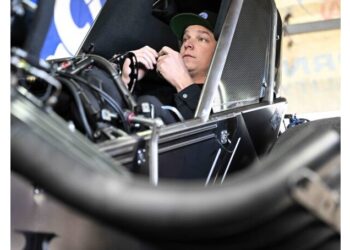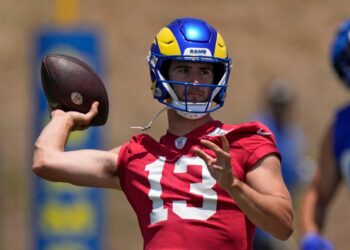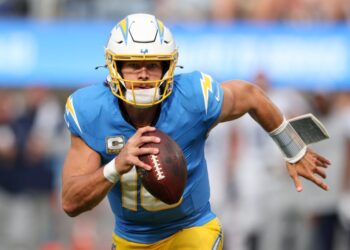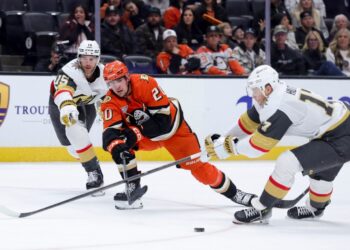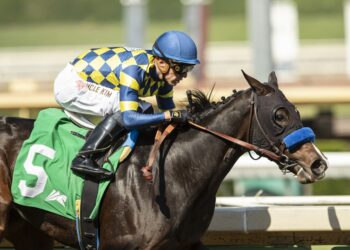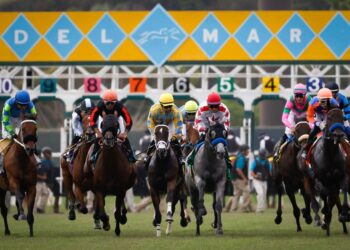LOS ANGELES – This was a complicated tango, a back-and-forth through the weeds of legal jargon and semantics, the National Labor Relations Board’s legal hands prodding a decidedly uncooperative witness for any window into the reality of USC’s athletic department.
The NLRB’s goal here, to prove that USC student-athletes should be classified as employees, was well-documented. And for multiple hours on Tuesday, Paul Perrier, an associate AD at USC and former law school graduate, dodged like a bull-fighter on the stand. He testified that the men’s basketball team, which he primarily works with, does not have team rules but instead team “expectations” – the notion of team rules, of course, implying the level of control over athletes. He testified that players weren’t informed of what constituted valid excuses for missing a pregame shootaround – the notion of excuses, of course, implying the mandatory participation of athletes.
And to one question asking whether athletes had to complete a form to seek outside employment, Perrier testified he didn’t know.
“Why don’t you know that?” the NLRB lawyer followed, in a moment that seemed to temporarily cut a political veil.
Such went the most recent week in the hearing over the NLRB’s case against USC, the Pac-12 and the NCAA over the all-important classification of “student-athletes,” in which three USC athletic department employees largely followed Perrier’s lead in providing as little information as possible on the record. Still, testimony from Perrier and others – eventually referring to punishment from coaches as “accountability” activities and attesting the usage of a clip-card for per-diem player meals on road trips – added to key arguments in the NLRB’s favor, establishing a record of both former student-athletes and current department employees testifying to labor-related activities.
“I think what you witnessed was the result of a lot of coaching – USC trying to avoid…
Read the full article here


